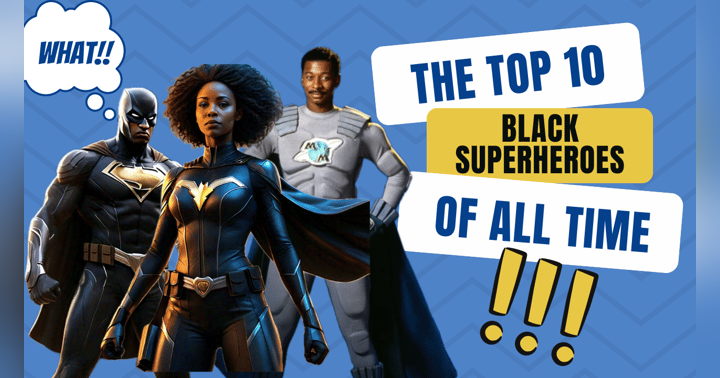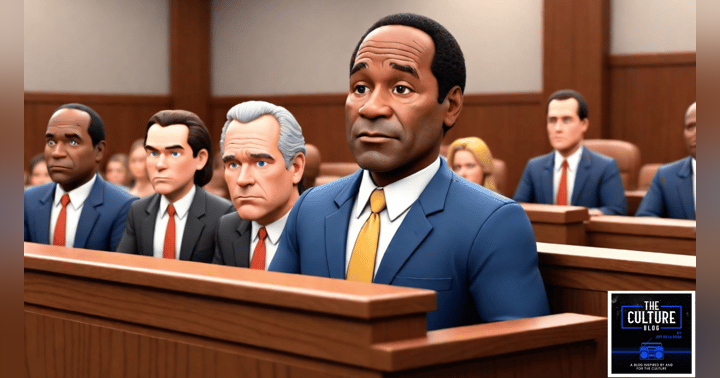Hip Hop Fashion: The Evolution of Street Style

The Roots of Hip Hop Fashion
Hip hop fashion originated in the 1970s in the South Bronx, New York City. As the hip hop music genre gained popularity, so did its distinctive style. The roots of hip hop fashion can be traced back to the African American and Caribbean communities, where self-expression through clothing became a form of cultural identity.
Hip hop aficionados and artists adopted a distinctive style in the early years that mirrored their urban way of life. Sneakers, big t-shirts, and baggy jeans were standard. This look reflected a sense of originality and sincerity while rebelling against the popular fashion of the day.
Punk and skateboard culture were two more subcultures that influenced hip hop attire. These movements' DIY (do-it-yourself) mentality encouraged people to personalize their clothes by allowing fans and artists to add their own distinctive touches.
Hip hop fashion changed and broadened over time. It combined premium labels with urban aesthetics by fusing elements of streetwear and high fashion. Hip hop fashion is still evolving today, influencing global street style trends.
Rap music has greatly influenced street culture and hip-hop fashion. Artists and designers have traditionally found inspiration in the streets, which offer a creative outlet for self-expression. Street style gave rise to hip hop fashion, which mirrored the urban way of life and the hardships endured by underprivileged groups.
The Influence of Street Culture
Street culture is made up of many different things, such as rap music, breakdancing, DJing, and graffiti art. These artistic mediums have an impact on the accompanying fashion as well as the musical genre. Particularly street art and graffiti served as inspiration for the vivid and flamboyant styles that grew to be associated with hip hop apparel.
Hip hop fashion is influenced by street culture, as evidenced by the usage of statement accessories, graphic designs, and bright colors. It stands for both a reclamation of urban places and a kind of insurrection. People are now able to express their identities and give a statement about their culture and community through hip hop fashion.
Iconic Hip Hop Fashion Trends
Numerous classic trends that have had a long-lasting influence on the fashion industry have their roots in hip hop fashion. These styles, which range from expensive labels to oversized apparel, have come to be associated with hip hop culture.
The distinctive baggy clothes trend came about because of the need for unrestricted movement during dance competitions and performances. Oversized t-shirts, sweatshirts, and baggy jeans became mainstays in hip hop style, signifying a genuine street vibe and carefree elegance.
The usage of luxury labels is another trend that came about as a result of Hip Hop culture. Rappers and other performers began dressing in designer labels to show off a fusion of luxury and street culture. In the hip-hop world, brands like Versace, Gucci, and Louis Vuitton came to represent prosperity and social standing.
The use of accessories was crucial in hip hop fashion. Oversized sunglasses, snap-back hats, and chunky gold chains were trademark accessories for the genre. These accessories gave hip hop outfits a dash of uniqueness and glitz.
The Rise of Hip Hop Fashion Brands
Hip hop fashion brands rose to prominence as a result of the growing popularity of hip hop fashion. These companies were born out of the streets and rose to prominence in the fashion sector.
FUBU (For Us, By Us), which Daymond John started in the early 1990s, is one well-known brand. Recognizing the streetwear trend, FUBU offered products tailored to the hip hop audience. It came to symbolize empowerment and the culture's spirit of entrepreneurship.
Sean Combs, better known as Puff Daddy or Diddy, developed Sean John, another well-known brand. Sean John successfully combined streetwear with luxury to create a brand that appealed to both mainstream fashion buyers and the hip hop community.
Streetwear companies like Supreme and Off-White have been incredibly popular in recent years, gaining inspiration from hip hop fashion and working with singers and artists. These companies never stop pushing the envelope and redefining the fashion business.
The Future of Hip Hop Fashion
Hip hop fashion appears to have a bright future as it keeps developing and influencing street style trends across the globe. Hip hop fashion is now more widely available and inclusive because of the growth of social media and internet platforms.
Influencers and artists are working with fashion brands and showcasing their own particular styles on these channels. Hip hop fashion has become more inclusive as a result, allowing anybody to join and express themselves via clothes.
The hip-hop community is also starting to give ethical and sustainable fashion significant thought. Sustainable fashion practices and ethical consumerism are being promoted by artists and brands.
Hip hop fashion will change in step with the music and culture of the genre. It will always be a potent means of self-expression and a window into the many perspectives present in the community.











